

2019-11-03 12:30:00 Sun ET
technology antitrust competition bilateral trade free trade fair trade trade agreement trade surplus trade deficit multilateralism neoliberalism world trade organization regulation public utility current account compliance
Chinese trade delegation offers to boost purchases of U.S. agricultural products to reach an interim trade deal with the Trump administration. Chinese Vice Premier Liu He indicates an active key interest from China in buying $40 billion to $50 billion American agricultural products such as soybeans and pork bellies. China expects the Trump team to institute another tariff reprieve in light of the interim partial trade agreement. Thus, there would be no 5% tariff hike on top of the current 25% tariffs on $250 billion Chinese goods. China further expects the Trump administration to circumvent blacklisting some Chinese tech titans such as HuaWei and Tencent. In response, however, U.S. trade rep Robert Lighthizer emphasizes that the HuaWei case should be kept separate from the interim partial trade deal.
Chinese trade delegation indicates a key interest in keeping the renminbi currency steady within reasonable ranges of exchange rates. Any new competitive currency manipulation or misalignment would not serve in the best interests of America and China. Moreover, China plans to further open up its asset markets by lifting foreign capital investment restrictions from April 2020 onwards.
On balance, peace and engagement can help attain the best compromise in Sino-American trade negotiations.
If any of our AYA Analytica financial health memos (FHM), blog posts, ebooks, newsletters, and notifications etc, or any other form of online content curation, involves potential copyright concerns, please feel free to contact us at service@ayafintech.network so that we can remove relevant content in response to any such request within a reasonable time frame.
2018-01-03 08:38:00 Wednesday ET

President Trump targets Amazon in his call for U.S. Postal Service to charge high delivery prices on the ecommerce giant. Trump picks another fight with an
2018-12-17 08:43:00 Monday ET
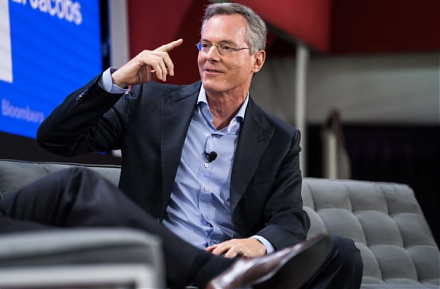
Apple files an appeal to overturn the recent iPhone sales ban in China due to its patent infringement of Qualcomm proprietary technology. This recent ban of
2019-02-03 13:39:00 Sunday ET
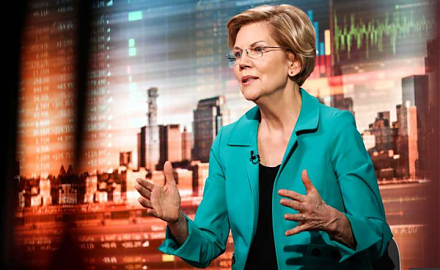
It can be practical for the U.S. to impose the 2% wealth tax on the rich. Democratic Senator Elizabeth Warren proposes a 2% wealth tax on the richest Americ
2018-08-29 10:37:00 Wednesday ET
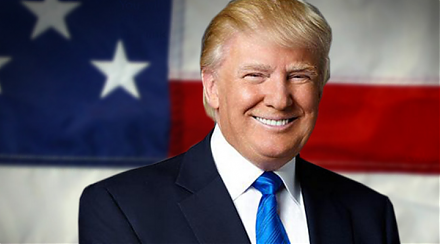
In an exclusive interview with Bloomberg, President Trump criticizes the World Trade Organization (WTO), proposes indexing capital gains taxes to inflation
2018-11-17 09:33:00 Saturday ET
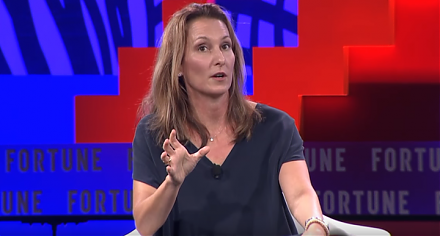
Zillow share price plunges 20% year-to-date as its competitors Redfin and Trulia also experience an economic slowdown in the real estate market. The real es
2019-03-29 12:28:00 Friday ET
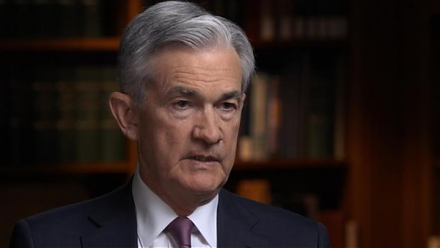
Federal Reserve Chair Jerome Powell answers CBS News 60 Minutes questions about the recent U.S. economic outlook and interest rate cycle. Powell views the c